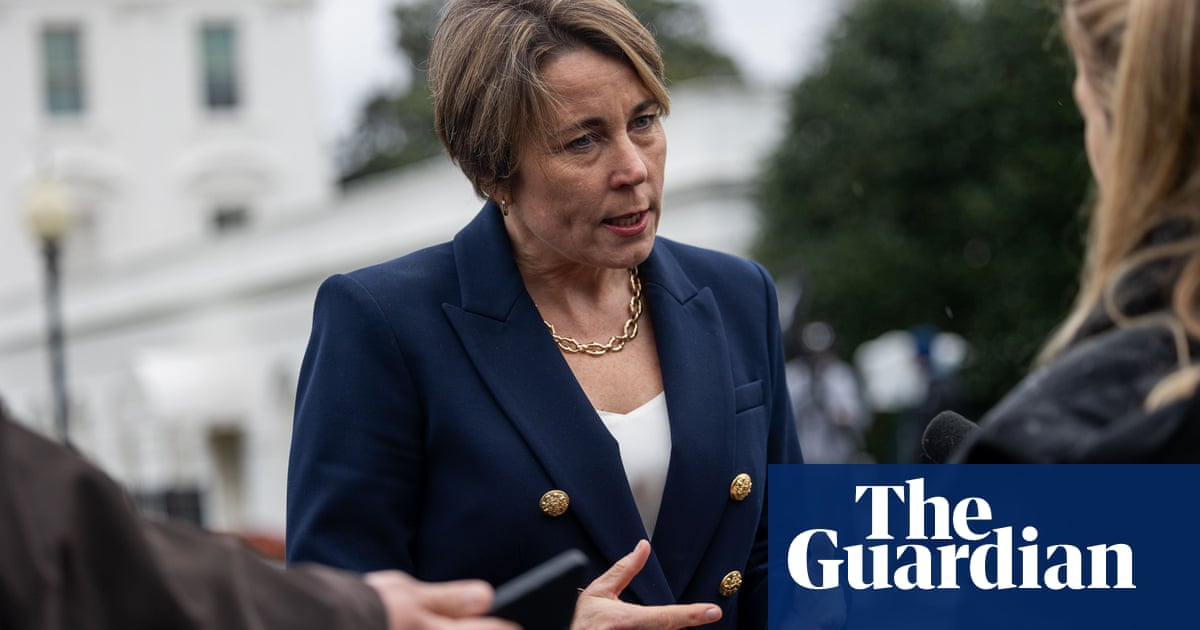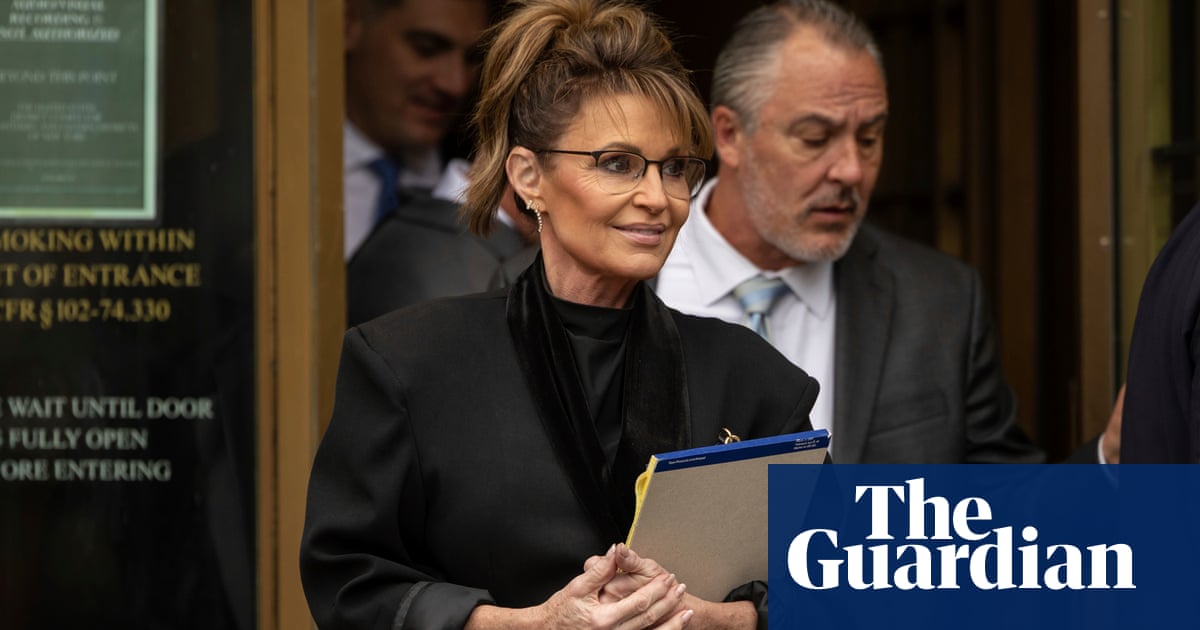The Biden administration is making a final push to fortify America’s cyber defenses against mounting threats from China and Russia, issuing a sweeping cybersecurity executive order just days before leaving office that aims to tackle vulnerabilities from outer space to consumer electronics.
The wide-ranging directive is likely to be the administration’s last big policy push before handing the keys over to Donald Trump, who heads to the White House next week and inherits a new world of cyber attacks that have cost the nation billions of dollars and punctured government offices.
“The goal is to make it costlier and harder for China, Russia, Iran and ransomware criminals to hack and to signal that America means business when it comes to protecting our businesses and our citizens,” a senior administration official told reporters on Wednesday.
The order arrives in the wake of devastating Chinese-linked cyber attacks, including recent breaches of the US treasury department and telecommunications systems that reportedly compromised communications of incoming president Donald Trump and vice-president-elect JD Vance.
Among its most striking provisions is a mandate for federal agencies to implement end-to-end encryption for email and video communications, alongside new requirements for artificial intelligence-powered cyber defence systems and quantum computing safeguards.
Central to the order is an expansion of the Cybersecurity and Infrastructure Security Agency’s (Cisa) powers to hunt for threats across federal networks. The nation’s premier cyber agency – which Trump put together in 2018 – will gain new authorities to verify security commitments from government contractors and coordinate with federal technology officers.
The order mandates that by 2027, federal agencies may only purchase internet-connected devices carrying a “cyber trust mark” – effectively using government procurement power to pressure manufacturers to improve security standards for products like baby monitors and home security systems.
The directive also ventures into the great unknown, requiring enhanced cybersecurity measures for space systems following Russia’s targeting of Ukrainian satellite communications during its invasion.
The timing of the order has raised questions about its longevity. Deputy national security adviser Anne Neuberger, who spearheaded the order over the course of the last few months, is set to step down on 17 January, and the incoming Trump administration’s cyber team has not yet been officially named. Politico reports that Trump 1.0 cybersecurity alum Sean Plankey is the top choice considered to lead the agency.
Trump’s transition team did not respond to a request for comment on whether the incoming administration would follow through with the order’s directives, which sets 53 deadlines for various agencies, stretching from 30 days to three years.
For now, the senior administration official remained optimistic about the order’s staying power, framing the order as an urgent response to escalating threats.
“Making our infrastructure as a nation more defensible and making it easier to sanction and push back against cyber actors – both of those are pretty bipartisan goals,” the senior official said.

 3 months ago
52
3 months ago
52













































